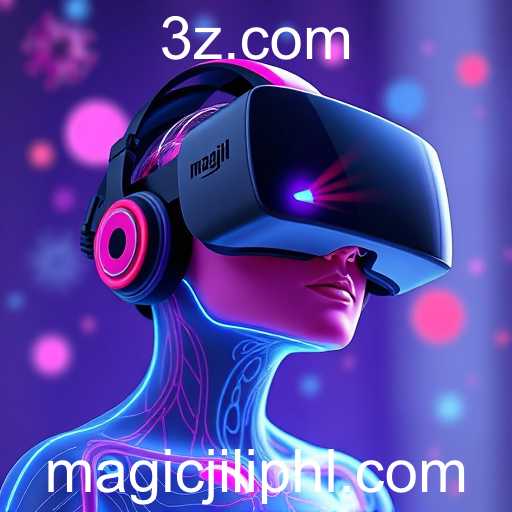Explore how virtual reality is shaping the future of education and the role of websites like 'magicjili' in this transformation.
In recent years, virtual reality (VR) has emerged as a significant force reshaping various sectors, notably education. This transformative technology promises to revolutionize the way students learn, providing immersive experiences that are both engaging and effective. As the world continues to recover from the disruptions caused by the COVID-19 pandemic, educational institutions are increasingly exploring innovative solutions to enhance learning and prepare students for the digital future.
In this context, websites like 'magicjili' have gained popularity among educators and learners alike. As an online platform, 'magicjili' offers a range of resources and tools designed to integrate VR into educational settings. Teachers can access lesson plans and materials that leverage VR, allowing students to explore subjects in a highly interactive manner. For instance, students studying history can virtually walk through ancient civilizations, while those interested in biology can navigate the complex structures of the human body.
The appeal of VR in education lies in its ability to cater to diverse learning styles. Traditional classroom settings often emphasize auditory and visual forms of learning, but VR can provide kinesthetic experiences that help students better understand complex concepts. By engaging multiple senses, VR can enhance retention rates and foster a deeper connection to the material being studied.
Moreover, the scalability and accessibility of VR make it particularly attractive. With devices becoming more affordable and platforms like 'magicjili' lowering the barrier to entry, VR is no longer a novelty confined to high-tech labs. This democratization of technology is crucial as educators seek to bridge gaps in access to high-quality learning opportunities around the globe.
Despite these promising developments, the integration of VR into education also presents challenges. The need for robust internet connectivity and the potential for digital divide issues remain pressing concerns. Furthermore, educators must be adequately trained to utilize these tools effectively, ensuring that VR complements, rather than replaces, traditional teaching methods.
As we move further into 2025, the adoption and integration of VR in education continue to gain momentum. The role of innovative platforms like 'magicjili' will be central to this evolving educational landscape, offering avenues for both students and teachers to thrive in an increasingly digital world. As stakeholders collaborate to address the challenges and leverage the opportunities VR presents, the future of education looks promisingly immersive and inclusive.




